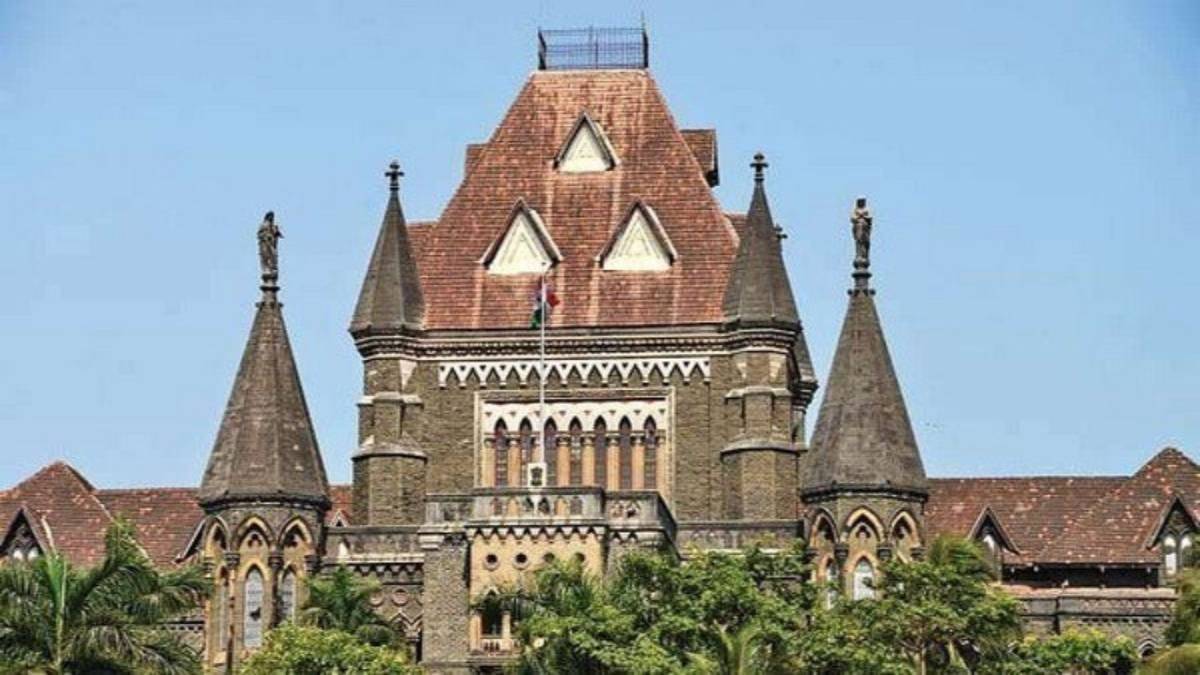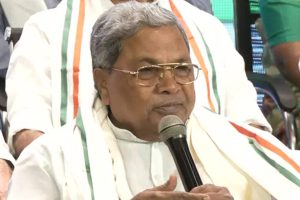In a major development nearly two decades after the devastating 2006 Mumbai train bombings, the Bombay High Court on Monday acquitted all 12 individuals who were earlier convicted for their alleged involvement in the case.
The special bench of the High Court ruled that the prosecution failed to provide conclusive evidence to uphold the convictions. The court ordered the immediate release of all the accused, who had been in prison for over 17 years, some facing death sentences and others life imprisonment.
The verdict overturns the 2015 trial court ruling, which had convicted 12 people based on the charges filed in 2006. Of the 12, five were awarded death sentences and seven given life imprisonment.
The 2006 blasts occurred on July 11, when seven bombs exploded within 11 minutes in first-class compartments of Mumbai’s local trains during peak evening hours. The coordinated attack killed 189 people and injured over 827 others, marking one of the worst terror incidents in India’s history. The blasts occurred near stations including Matunga Road, Mahim Junction, Bandra, Khar, Jogeshwari, Bhayandar, and Borivali.
Reacting to the acquittals, AIMIM MP Asaduddin Owaisi criticized investigative agencies, stating, “Innocent people are sent to jail and then, years later, they are acquitted. These men have lost 17 years of their lives. Investigations in such high-profile terror cases often begin with the presumption of guilt, driven by media narratives.”
On the other hand, former BJP MP Kirit Somaiya expressed dismay at the verdict and urged the Maharashtra government to challenge the ruling in the Supreme Court.
“The High Court’s decision is deeply disappointing. The people of Mumbai deserve justice. I’ve appealed to Chief Minister Devendra Fadnavis to constitute a strong legal team and take the matter to the Supreme Court,” Somaiya said.
The case is expected to remain in the spotlight as the state weighs its legal options following this dramatic turn in one of India’s most high-profile terrorism cases.





